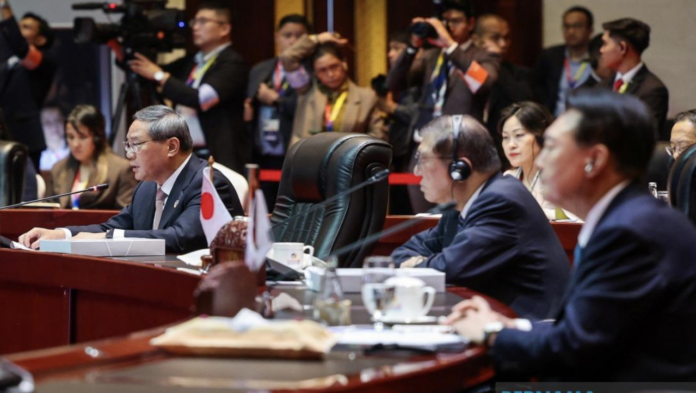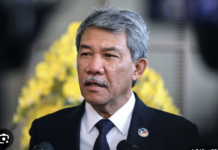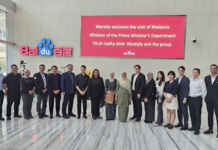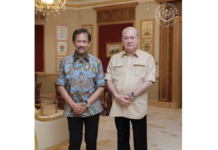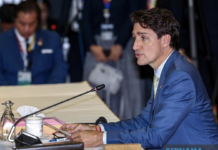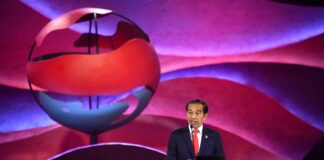VIENTIANE, Oct 11 – Japan’s new Prime Minister Shigeru Ishiba, in his diplomatic debut on Thursday, expressed eagerness to forge closer ties with ASEAN members while voicing concerns over China’s maritime assertiveness during meetings in Laos with Southeast Asian nations and their regional partners, Kyodo News Agency reported.
During the ASEAN Plus Three summit in Vientiane, joined by Japan, China and South Korea, Ishiba voiced opposition to “unilateral attempts to change the status quo by force or coercion” anywhere in the world, citing the “increasingly severe” security environment in the region, according to the Japanese Foreign Ministry.
He also sounded the alarm over the advancement of North Korea’s nuclear and missile activities in violation of UN Security Council resolutions, urging a “robust response” from the international community to bring about its denuclearization.
In his first overseas trip since taking office just over a week ago, Ishiba has been keen to enhance relations with the 10-member Association of Southeast Asian Nations (ASEAN), a region at the forefront of increasing rivalry between the United States and China, and assure of Japan’s continuing diplomatic policy under his new government.
Touching on “a relationship of trust” that spans over half a century, Ishiba said at the ASEAN-Japan meeting, which was also held the same day, “Japan wishes to shape and safeguard the future together with ASEAN, which shares principles such as freedom, democracy and the rule of law, and is a growth center of the world.”
ASEAN members expressed “high expectations” for deepening cooperation with Japan, including in new fields such as decarbonisation and digitalisation, which Ishiba promised to work on, according to the Japanese Foreign Ministry.
Ishiba indicated through the meetings that Japan’s stance against China remains unchanged, expressing opposition to actions that violate national sovereignty in the East China Sea, where the Japanese-controlled, Chinese-claimed Senkaku Islands are located.
China regularly sends its military and coast guard vessels into Japanese territorial waters near the Senkaku Islands.
Ishiba also voiced apprehension over “militarisation and coercive acts” in the South China Sea. China has overlapping claims there with some ASEAN members and its confrontations with the Philippines, in particular, are intensifying, according to Kyodo news.
Ishiba said Tokyo will continue to “closely communicate with Beijing at various levels,” according to the Japanese Foreign Ministry, aiming for constructive and stable relations between the two East Asian powers.




